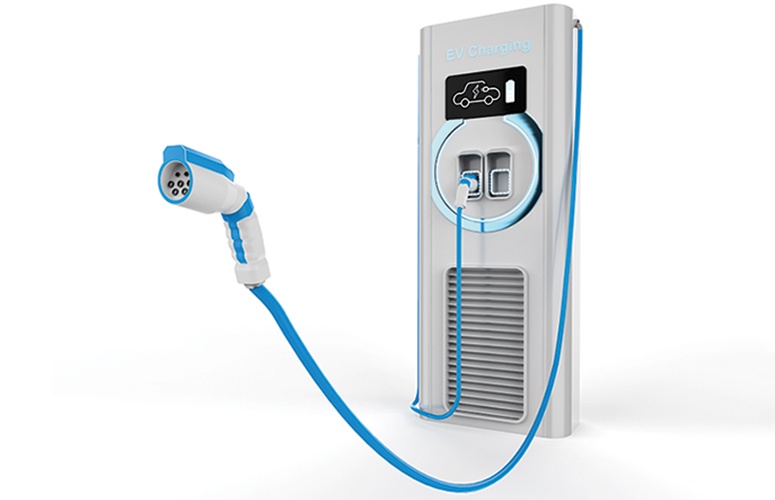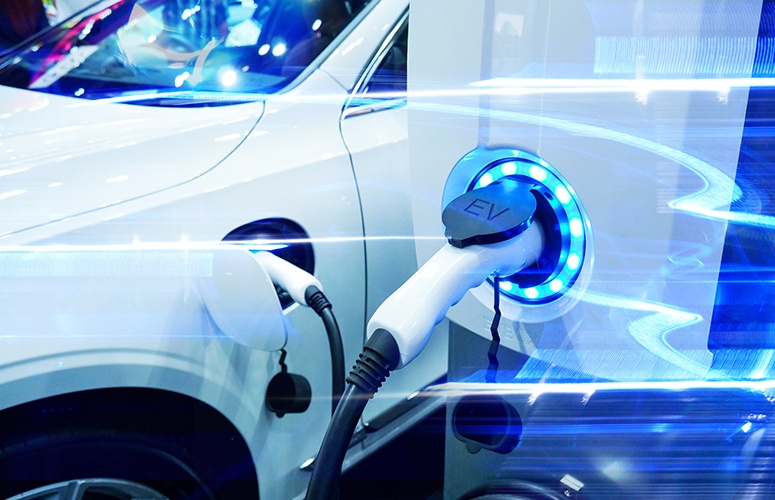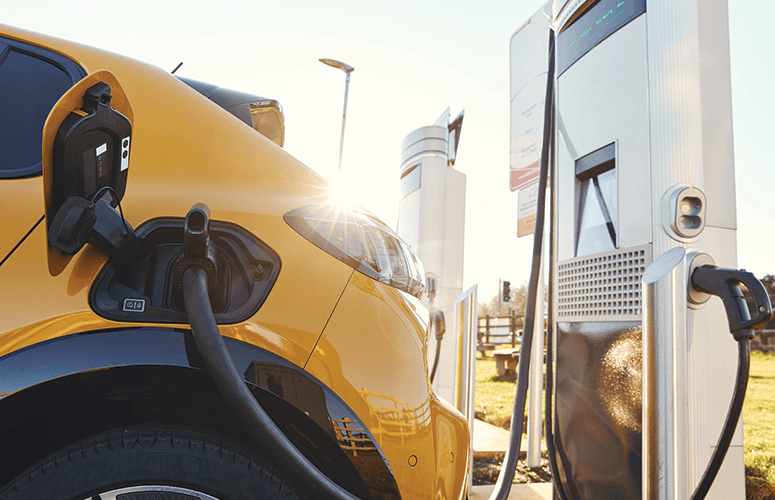
Charging Ahead Despite EV Costs
By Ray Cantor, NJBIA Deputy Chief Government Affairs Officer On Jul 13, 2023This summer, I plan to visit my grandchildren in Maryland, drive to Florida for vacation, and make frequent trips to the Jersey Shore. I will use my car to get to supermarkets, restaurants and stores. My job requires that I use my car to travel around the state almost every day.
Millions of New Jerseyans depend on their cars just as I do. We live in a suburban state that is highly dependent on automobiles. For most of us, mass transit is an excellent option for trips into New York City or Philadelphia a few times a year, but a car is still essential for getting around just about everywhere in New Jersey the rest of the time.
Now, suppose the government, without your consent, decided that only wealthy people are going to be allowed to have cars and the rest of us must figure out some other way to get around.
This scenario is not some dystopian future in a science fiction novel, it is effectively what the Murphy administration and the Department of Environmental Protection are planning right now with the Clean Cars II program that would gradually increase sales targets of zero-emission vehicles and impose surcharges on gas-powered vehicles if those targets aren’t met.
If they succeed with their plans, in four years the price of cars sold in New Jersey will begin to skyrocket, and fewer people will be able to afford to own any type of automobile. In just 12 years, only people of certain means will be car owners. The rest of us will be deemed “those who will not have cars.”
These plans are being couched in socially beneficial terms. To address the issue of climate change, the Murphy administration says it is necessary to prohibit the sale of all gas-powered cars in New Jersey by 2035. All cars sold by then must be electric vehicles. The problem with this policy is that electric vehicles are far too expensive for most people, there is not enough electricity to power them, and people who live in apartment buildings, condominiums, or urban areas, have no convenient place to charge them.
The government knows all of this. Government officials know there will be people “who will not have cars” under their policies and yet they are moving forward with this ban on gas-powered cars anyway. A better policy would be to recognize that while EVs are beneficial to the environment, we should not mandate that EVs be the only option. EVs are great second cars. They are good local commuting cars. They are good for people who can afford them. But they should not be the only option for the rest of us who need cars to visit our grandchildren, get groceries, and visit the shore.
To access more business news, visit NJB News Now.
Related Articles:





